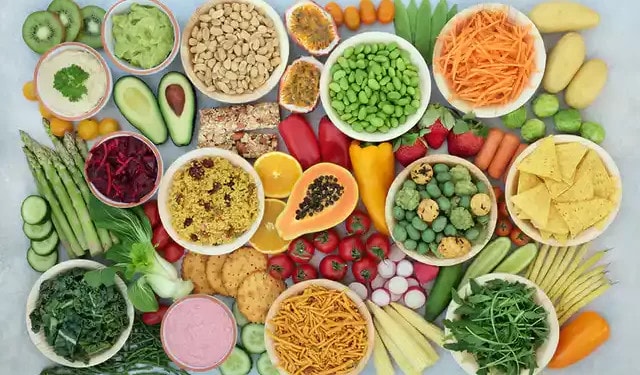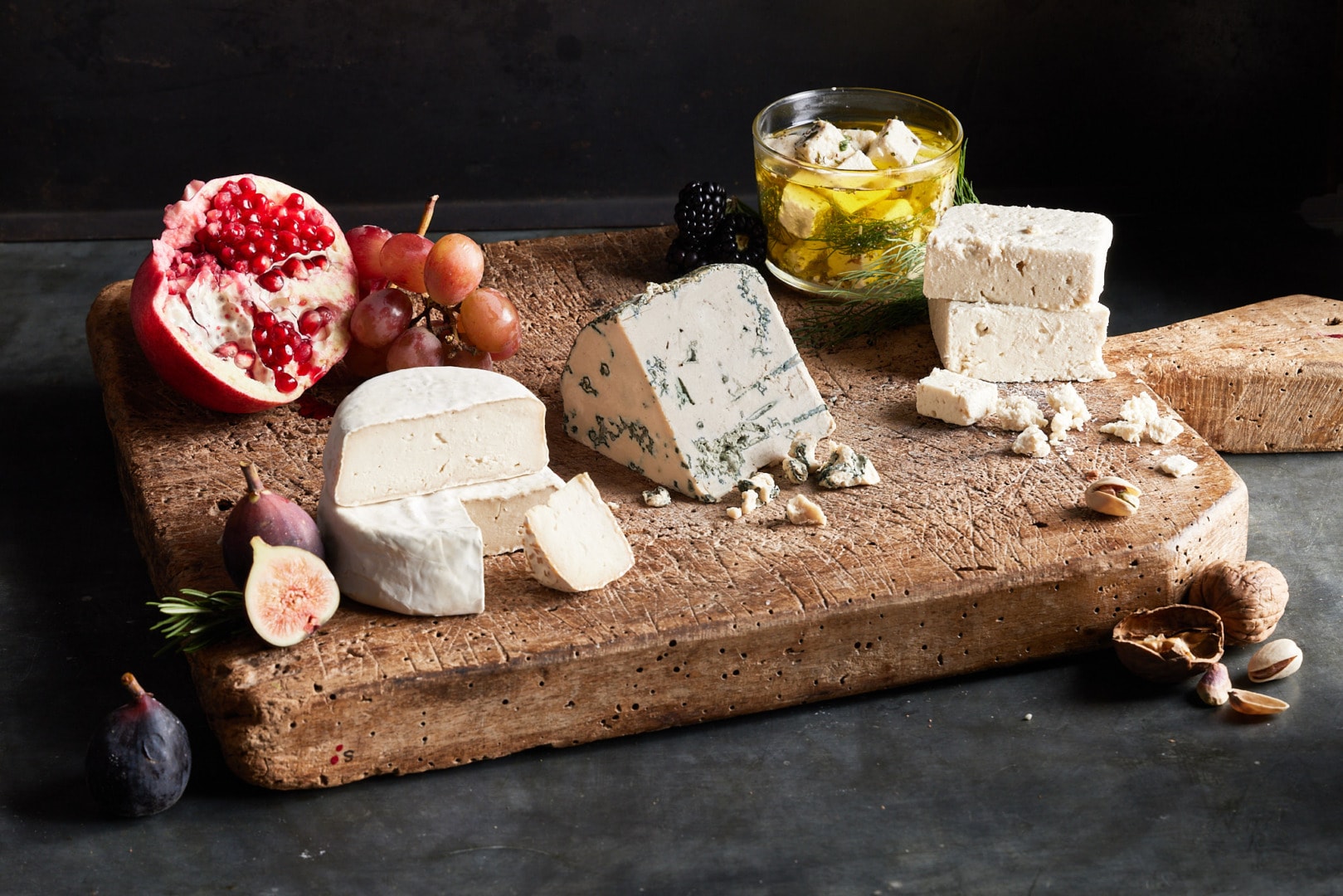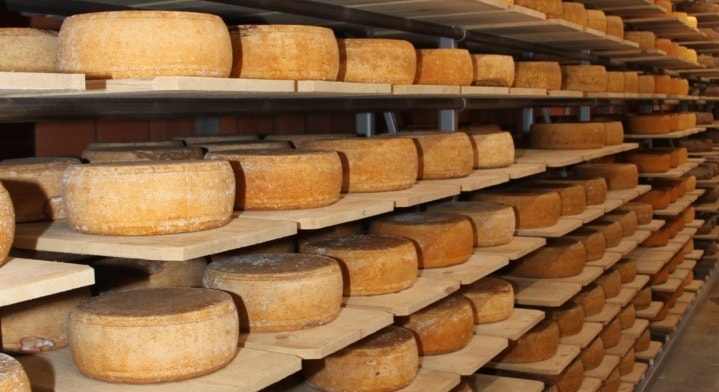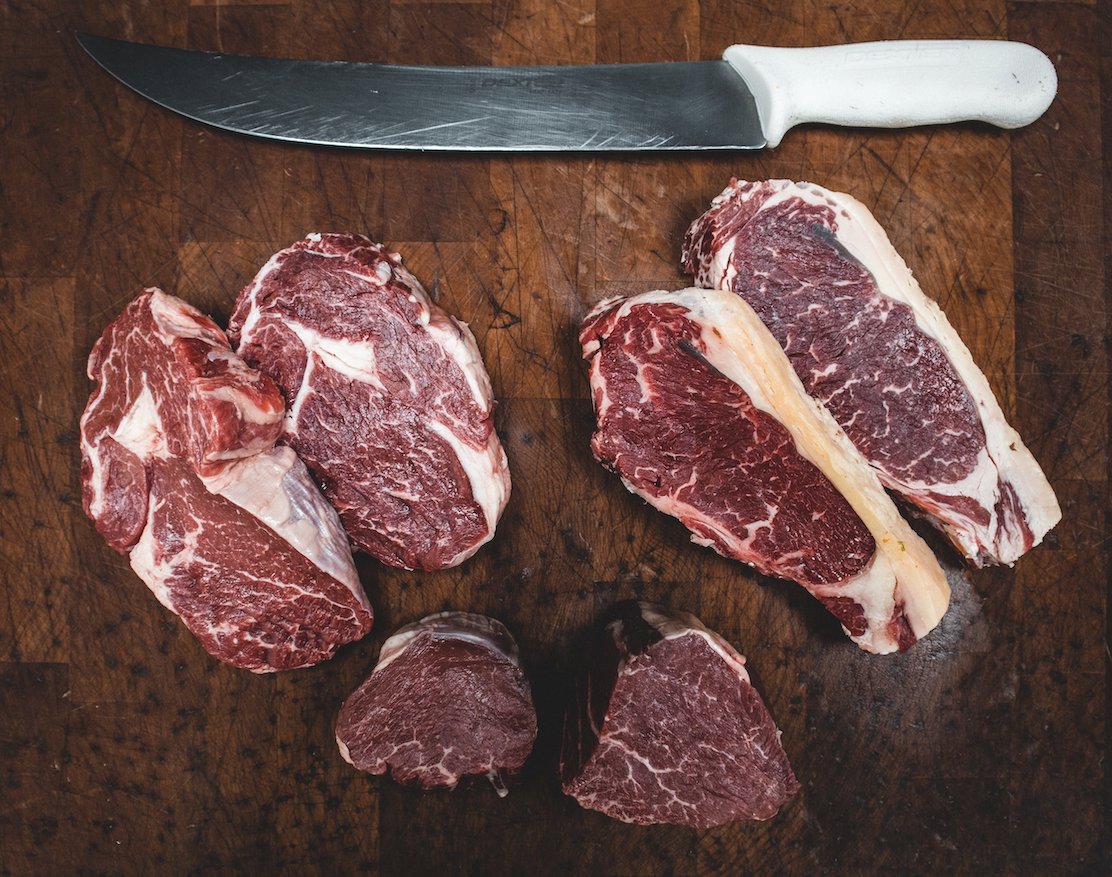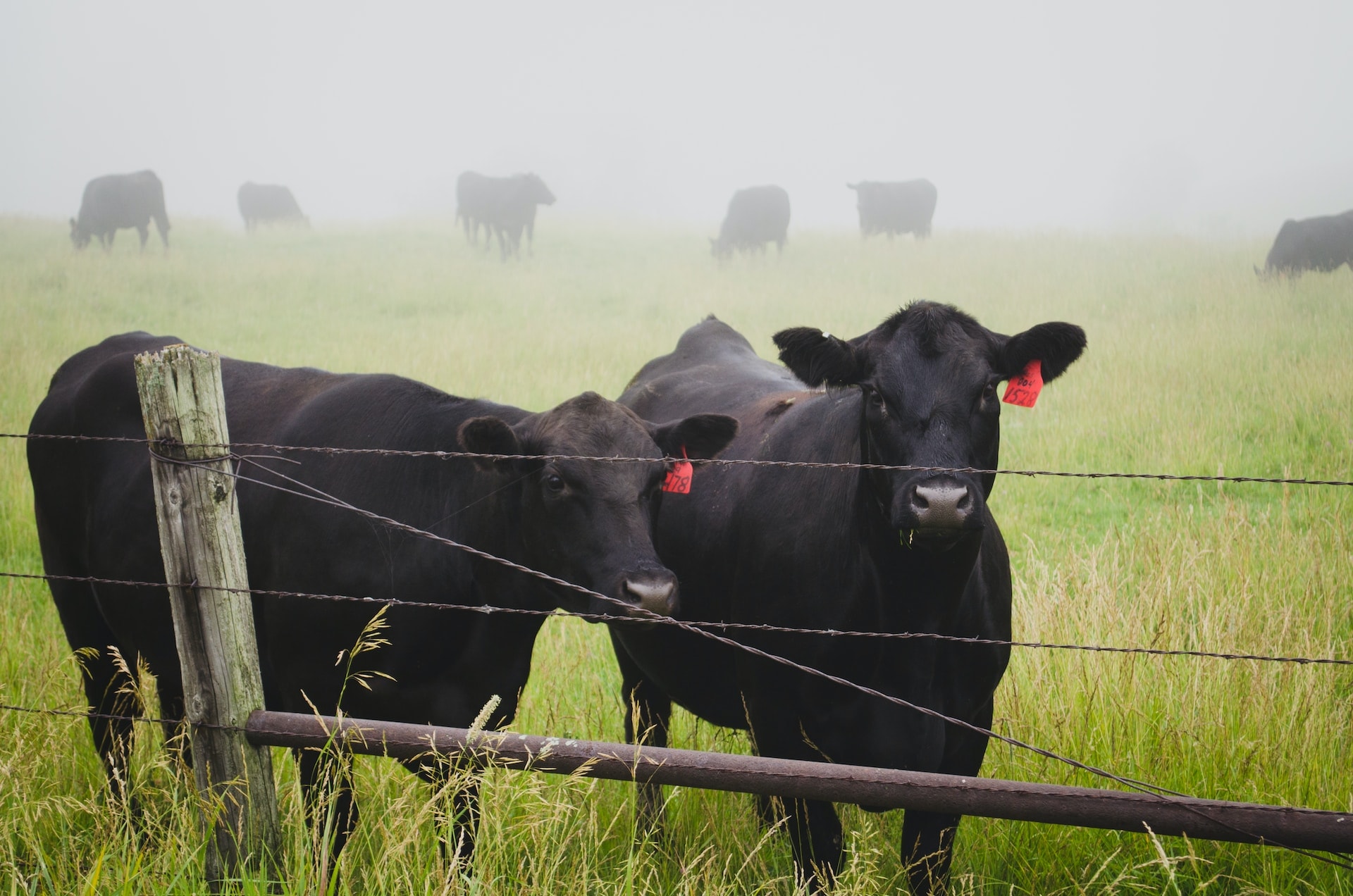There are about 78 million vegans around the world. Vegans have chosen a plant-based diet that is absent of any animal products including meat, dairy, and sometimes even honey. That’s right, bees are considered animals too!
While every vegan has their own reasons to embark on this journey, many are looking to minimize their carbon footprint, protect other species, and reap the health benefits of a plant-based diet. Every person has differing nutritional needs, so the diet may not be sustainable for everyone, especially if it is done incorrectly. While the vegan diet is simple in theory, it can be difficult to make that transition, especially as a college student.
Victoria Jenkins is twenty-two-year-old senior at the School of the Art Institute of Chicago. She recalls the challenge of eating balanced meals after first becoming vegan while living at home when she was 17 years old.
“I kept eggs in my diet for a week to consume a sufficient amount of protein until I figured things out,” Victoria said. “Keeping some non-vegan foods, at least to begin transitioning, is something I would recommend to anyone considering this diet because eating vegan the wrong way can be dangerous.”
Given the absence of dairy, it’s very important to base vegan meals around the remaining major food groups: grains, protein, vegetables, and fruits.
Vegan protein options are often assumed to be sparce without the ability to consume meat. This is not actually the case. Various nuts, seeds, and beans contain high amounts of protein and other nutrients that will leave you feeling full and satisfied.
Chia seeds, for example, are a versatile source of protein, fiber, and iron and can easily be added to smoothies, oatmeal, or any baked goods.
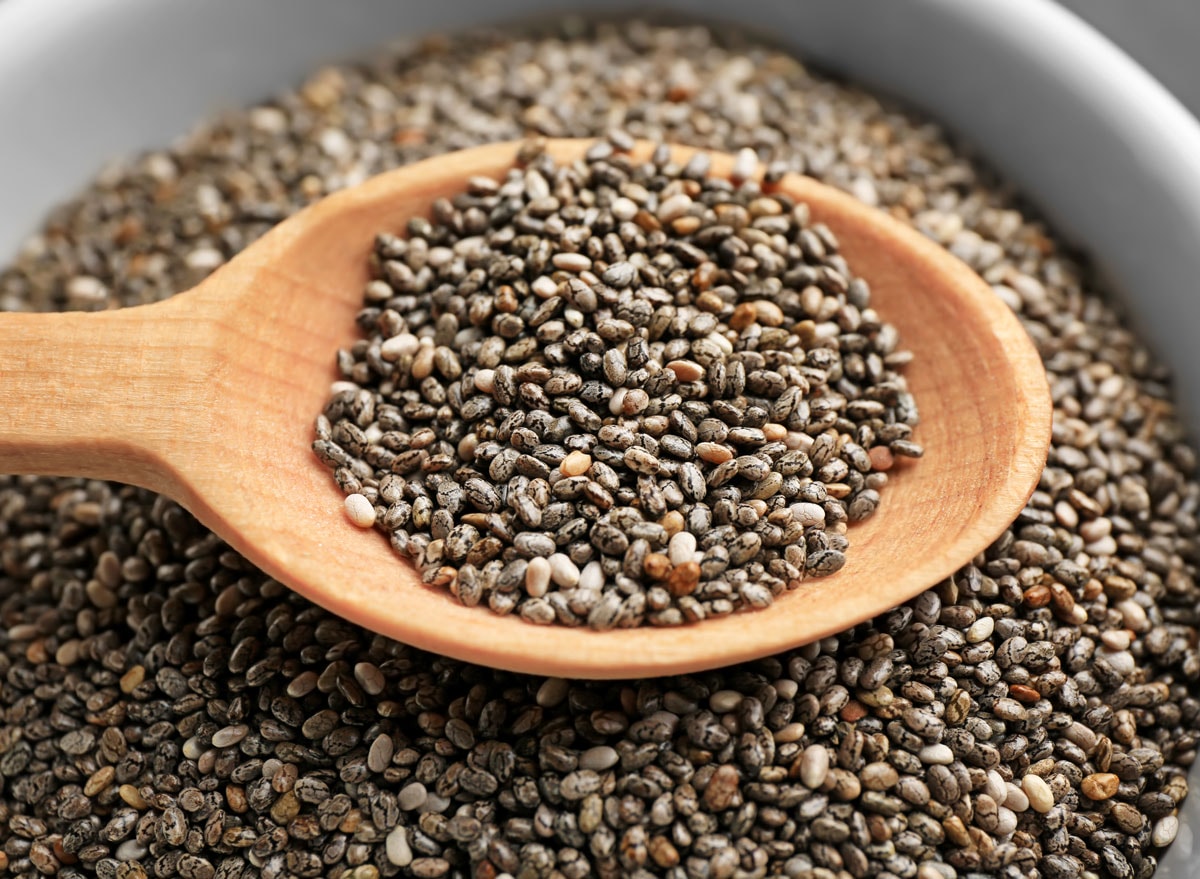
Our Eco Marketplace is partnered with Carlota Organics, a Spanish brand dedicated to creating healthy and delicious vegan products that respect the environment. They offer multiple products containing chia and flax seeds that are sure to make you salivate.
Their delectable strawberry and chia jam is rich in Omega-3 and sweetened by natural agave syrup. It’s perfect to spread across toast in the morning, eat with crackers, or brighten up the top of any shortbread dessert. This organic jam is also available in a fig and chia flavor.

Carlota also offers soups on the Eco Marketplace; one is pumpkin-based and the other is made from fresh vegetables picked from the owners’ gardens. The pumpkin soup with chia seeds is puréed with carrots, onions, and potatoes that contrast with the distinct spices of curry and rosemary. Their vegetable and flax seed soup is made similarly and additionally contains zucchini.

These products as well as green vegetables like spinach, brussels sprouts, broccoli, and asparagus can boost your protein intake without harming any animals or the planet.
Finding the vegan foods that you enjoy eating may take some time, but that’s all part of the exploratory fun of it! In no time, you’ll master a crispy tofu recipe, or beautifully blend an almond milk smoothie bowl, and learn which foods fit best in your lifestyle.
Stephen Marshall, a twenty-two-year-old senior at the University of Rhode Island became vegan during his freshman year of college. Surprisingly, his dining hall’s vegan options were always satisfactory so his transition to a plant-based diet was relatively smooth. After almost four years, he has solidified his favorite vegan meals that he often cooks at home. This could lead to real money saving for those seeking a plant based lifestyle. While convenient, university meal plans are often pricey. With a little planning, a vegan diet can save hundreds annually on food costs.
“My go-to meal is usually an instant pot creation,” Stephen said. “It’s simple. I’ll add legumes with rice, or make chili and have leftovers for the rest of the week. The biggest challenge is eating out with friends, but restaurants are getting better with having decent vegan options on their menus.”
It’s true that more restaurants are adding vegan menu items while some new restaurants are entirely plant-based. In 2020, a study recorded almost 1,500 plant-based restaurants across the United States. This number is assumed to have increased drastically as interest and excitement for vegan food continues to grow by the year. By 2025, the vegan market is expected to reach $22 billion.
Your transition into a vegan diet doesn’t have to be completed over one night, one week, or even one month. Making consistent, conscious decisions to consume less animal products will benefit our environment and your physical and mental health much more. The vegan lifestyle is unlikely to be sustainable if you rashly cut out every non-vegan food only to be enthralled by your cravings of bacon burgers past.
So, consider this next time you’re deciding between red or white meat, a single pound of cow takes over 2,400 gallons of water to turn into your food. If you’re still reluctant to go vegan, remember your choices will always impact the environment but it’s only up to you how they will affect it.
Editor’s Note: The opinions expressed here by Impakter.com columnists are their own, not those of Impakter.com. — In the Featured Photo: Vegan Spread. Featured Photo Credit: The Conversation 640 × 427.


